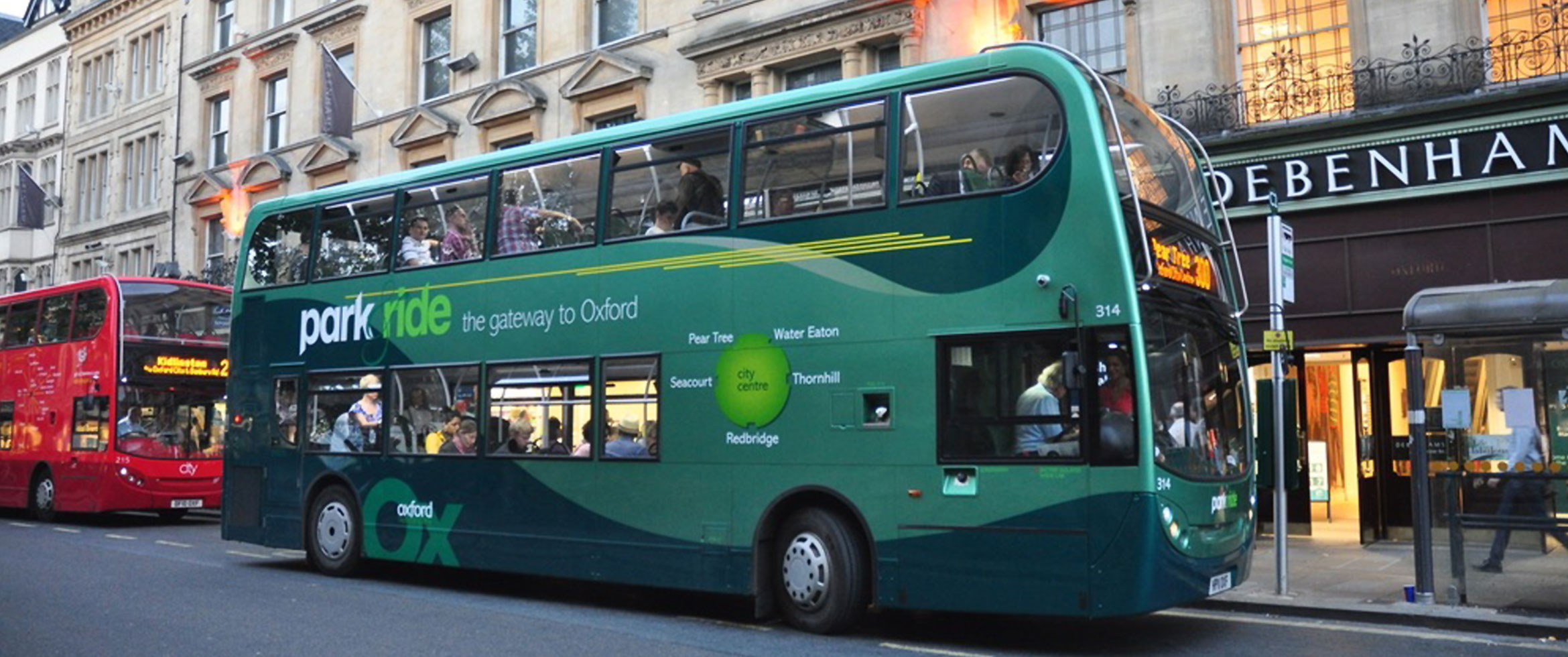Examining Trends in Adolescent Environmental Attitudes, Beliefs, and Behaviors Across Three Decades
Wray-Lake, L., Flanagan, C., & Osgood, D. (2010). Examining trends in adolescent environmental attitudes, beliefs, and behaviors across three decades. Environment and Behavior, 42(1), 61-85.
General Beliefs and the Theory of Planned Behavior: The Role of Environmental Concerns in the TPB
de Groot, J., & Steg, L. (2007). General beliefs and the theory of planned behavior: The role of environmental concerns in the TPB. Journal of Applied Social Psychology, 37(8), 1817-1836. doi:10.1111/j.1559-1816.2007.00239.x.
Light Rail Use is More Likely on Walkable Blocks: Further Support for Using Micro-Level Environmental Audit Measures
Werner, C., Brown, B., & Gallimore, J. (2009). Light rail use is more likely on walkable blocks: Further support for using micro-level environmental audit measures. Journal of Environmental Psychology, XX(X) (available online), 1-9.
Responsibility and Environment: Ecological Norm Orientation and External Factors in the Domain of Travel Mode Choice Behavior
Hunecke, M., Blöbaum, A., Matthies, E., & Höger, R. (2001). Responsibility and environment: Ecological norm orientation and external factors in the domain of travel mode choice behavior. Environment and Behavior, 33(6), 830-852.
Human Values and the Emergence of a Sustainable Consumption Pattern: A Panel Study
Thogersen, J., & Ölander, F. (2002). Human values and the emergence of a sustainable consumption pattern: A panel study. Journal of Economic Psychology, 23(5), 605-630.
Effects of Values, Problem Awareness, and Personal Norm on Willingness to Reduce Personal Car Use
Nordlund, A., & Garvill, J. (2003). Effects of values, problem awareness, and personal norm on willingness to reduce personal car use. Journal of Environmental Psychology, 23(4), 339-347.
Development of Script-Based Travel Mode Choice After Forced Change
Fujii, S., & Gärling, T. (2003). Development of script-based travel mode choice after forced change. Transportation Research Part F: Traffic Psychology and Behaviour, 6(2), 117-124.
Incentives, Morality, or Habit? Predicting Students' Car Use for University Routes with the Models of Ajzen, Schwartz and Triandis
Bamberg, S., & Schmidt, P. (2003). Incentives, morality, or habit? Predicting students' car use for university routes with the models of Ajzen, Schwartz and Triandis. Environment and Behavior, 35(2), 264-285.
A Cognitive Dissonance Interpretation of Consistencies and Inconsistencies in Environmentally Responsible Behavior
Thogersen, J. (2004). A cognitive dissonance interpretation of consistencies and inconsistencies in environmentally responsible behavior. Journal of Environmental Psychology, 24(1), 93-103.
Effecting Durable Change: A Team Approach to Improve Environmental Behavior in the Household
Staats, H., Harland, P., & Wilke, H. (2004). Effecting Durable Change: A Team Approach to Improve Environmental Behavior in the Household. Environment and Behavior, 36(3), 341-367.



